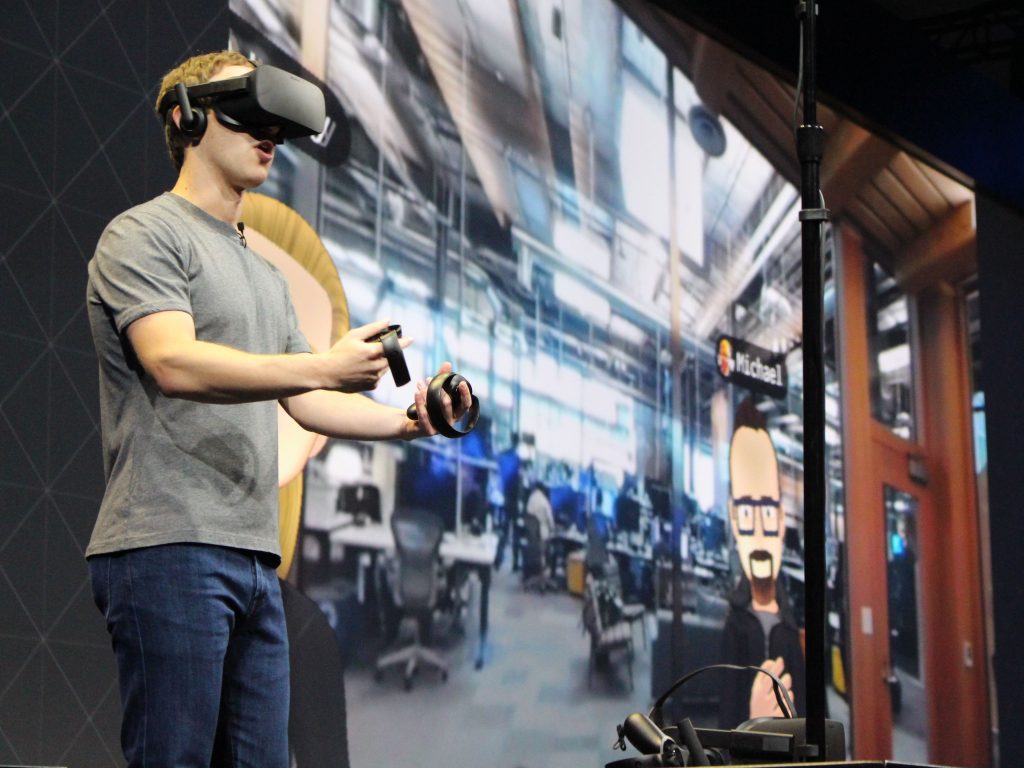- 18 volunteers experimented by spending a week working in the metaverse, using virtual reality.
- Two dropped out in hours, while the rest reported feeling more anxious and frustrated by the end.
- The study lays groundwork for subsequent research into the potential of the metaverse for work.
The concept of the metaverse has been hailed by evangelists as the future of work, meetings and even the way that companies recruit workers.
Yet the results of a recent experiment suggest that could still be a long way from reality.
18 university staff logged into the metaverse for an entire working week. Two of them had to drop out due to nausea, while the rest reported feeling more frustrated, anxious and said their eyes hurt by the end, New Scientist reported.
At its most basic the metaverse — which has become better known since Facebook was renamed as Meta in 2021 — is the physical version of the internet, where people interact through avatars and virtual reality technology.
For the experiment, outlined in a paper titled Quantifying The Effects of Working VR for One Week, researchers wanted to understand the effects of working in VR for extended periods, and how this compared to work in a physical environment.
They asked volunteers, who were all either university staff or researchers to spend an entire five day working week in recreated virtual reality office. It amounted to 8 hours a day, with a 45 minute lunch break. Afterwards they spent the same time in a real-world work environment.
The participants weren't given set tasks to complete, meaning they could control their own work day. They were, however, given identical equipment.
Two of the participants dropped out within hours, complaining of nausea, anxiety and migraines, caused partly by the weight of the Oculus Quest 2 headset, they both said. Nausea is a common side effect of virtual reality.
The remainder lasted the week, but reported some negative consequences. Compared to the physical work environment, participants reported on average a 42% increase in their frustration levels and 48% increase in eye strain.
They also reported feeling more anxious, by almost a fifth, and overall suffered a 20% drop in wellbeing between the week spent virtually compared to the physical environment.
Participants also noted feeling less productive, for example highlighting that it was difficult to take physical notes while in VR, for example. They did note that that could envisage working in virtual reality in some way in the future, though.
The researchers note that many of the problems could fade with improvements in technology and as people get used to using the tech – the severity of eye strains also appeared to diminish as the week progressed.
They also note that the results of the relatively small study are dependent on the subjective experience of each individual participant.
"Overall, this study helps laying the groundwork for subsequent research, highlighting current shortcomings and identifying opportunities for improving the experience of working in VR," the researchers from Coburg University in Germany, Cambridge University, UK, University of Primorska, Slovenia and Microsoft.
"We hope this work will stimulate further research investigating longer-term productive work in-situ in VR."

